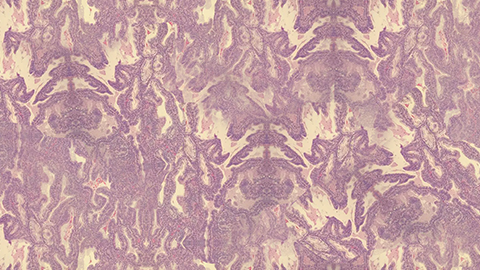Can atypical pulmonary hyperplasia be treated with targeted therapy?
Generally, if atypical pulmonary hyperplasia is diagnosed as early-stage lung cancer, targeted therapy can be used; if the patient's lesion tissue does not exhibit specific molecular abnormalities, targeted therapy is not recommended. It is advised to visit a hospital to clarify the cause and follow medical instructions for treatment. Detailed analysis is as follows:

If atypical pulmonary hyperplasia is diagnosed as early-stage lung cancer and there are known targetable gene mutations present, targeted therapy can be considered. Targeted drugs can precisely attack these mutated cancer cells while minimally affecting normal cells, thereby enhancing treatment effectiveness and reducing side effects.
Not all patients with atypical pulmonary hyperplasia are suitable candidates for targeted therapy. If the patient's lesion tissue does not exhibit specific molecular abnormalities, or if the patient's physical condition is unsuitable for targeted treatment, this approach should not be used. Moreover, targeted therapy may also carry certain side effects and risks, thus requiring decision-making under the guidance of a specialist.
Patients are advised to maintain healthy lifestyle habits, such as quitting smoking, maintaining a balanced diet, and engaging in moderate exercise, to support lung health and reduce the risk of related diseases.









